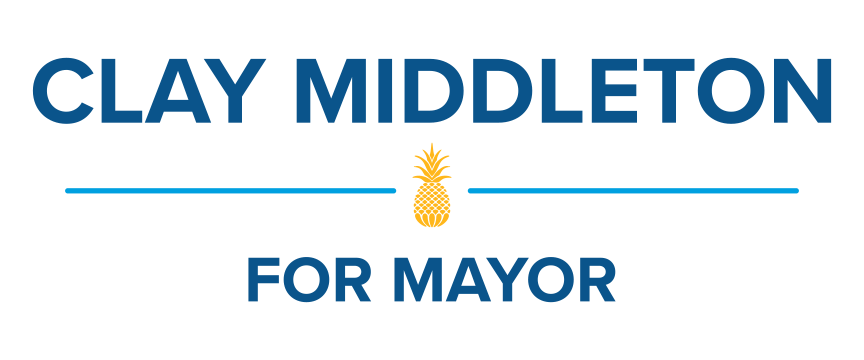Statement on Black History Month
The 28 days which the nation formally recognizes as “Black History Month” is the ideal time to pay tribute, learn, and reflect on how connected the roots of the city of Charleston are to our history: in celebration of and remembrance of our collective determination and resilience for equality, freedom, and respect.
In many ways, African American history in the United States began in Charleston.
Approximately 40% of enslaved Africans came through the port of Charleston at Gadsden’s Wharf. Historians estimate that 90% of African Americans in the United States can trace at least one ancestor to Charleston - at one time the most active slave-trading port in the country. I grew up less than a mile away from this port and had family members that lived in the public housing that no longer exists in front of where the International African American Museum is built.
In order to take in the fullest of the African American experience and the progress our country and beloved community continues to make towards justice, leveling the playing field, and providing economic opportunity; let us raise our level of expectations and remain focused on doing what is right because it is right and not because it is convenient.
This is a reality that goes beyond a commemorative month. This is personal for me. This is my lived experience; to represent the promises, hopes, dreams, and aspirations of my ancestors and those that paved the way for me and my generation to seek the mantle of leadership.
As the African Proverb teaches us, “If you want to go fast, go alone. If you want to go far, go together." Together, we can:
Explicitly name equity as a goal with specific targets, a budget that supports it, and an empowered staff
Engage underserved communities in prioritizing public/private partnerships
Create inclusive small business districts
Establish and sustain a minority-owned bank
Provide access to flexible capital and increase access to business
Establish tangible pathways and partnerships for creating generational wealth
Prevent displacement and increase community ownership of land, housing, and businesses
Prioritize equity investments and capacity building for community centered evidence based organizations
Develop transparent and inclusive contracting and procurement practices
Create and expand public services that enhance physical and infrastructure needs to disadvantaged communities
Strengthen civic engagement that builds power and capacity of marginalized communities
Connect unemployed and underemployed individuals to living wage jobs and careers
And so much more.
